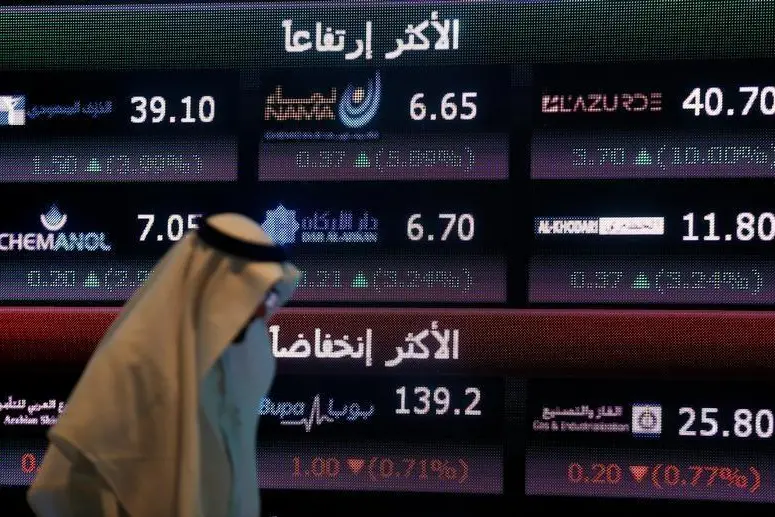PHOTO
The latest upgrade of the Saudi Stock Exchange, Tadawul, by S&P Dow Jones Indices on Thursday is “positive” news for the kingdom, but not as significant as recent upgrades by other index providers, a Dubai-based senior financial analyst told Zawya.
Tadawul issued a statement on Thursday welcoming the decision by S&P Dow Jones Indices (S&P DJI) to upgrade its exchange to an emerging market, from its current standalone market classification.
The emerging market classification allows the kingdom’s equity stocks to be used by passive funds tracking emerging market indexes created by S&P DJI, which will increase investment inflows to the market. S&P DJI will add Saudi stocks to its benchmark indices in two phases – in March and September next year.
The news followed decisions by two other major index providers, FTSE Russell and MSCI, to upgrade Saudi Arabia to an emerging market in March and June of this year respectively. All three upgrades will take place in 2019.
“The announcement is positive as it means Saudi Arabia is now classified as Emerging Market by all three major index providers,” Mohamad Al-Hajj, vice-president and head of the Middle East and North Africa strategy at Egypt-based EFG Hermes investment bank, told Zawya in an email interview on Thursday.
Asked about the significance of the new upgrade compared to the previous two, Al-Hajj, who is based in Dubai, said that previous experience in the region of similar upgrades to UAE and Qatar stock markets suggested “that FTSE and MSCI are more meaningful in terms of inflows”.
The United Arab Emirates and Qatar were both included in the MSCI’s Emerging Market Index in May 2014 and on the S&P Dow Jones Indices in September 2014. “(When) UAE and Qatar joined the S&P indices we didn’t see substantial inflows similar to MSCI,” Al-Hajj said. “We believe that actual inflows in May 2014 stood at $2.2 billion for both UAE and Qatar,” he added.
The UAE was the first GCC market to be upgraded on an international index when it was added on the FTSE index in 2010. Qatar was added to the same index in 2016.
Saudi Arabia is the largest economy in the Middle East. The kingdom’s economy was badly hit by an economic recession that hit the entire GCC region after a sharp fall in oil prices in 2014. Saudi Arabia is the world’s biggest exporter of oil.
Investment inflows
Al-Hajj said his company is predicting between $15-$30 billion of active inflows of investments into the kingdom’s equities market over this year and next year, mainly due to the three upgrades. In addition, he predicted a further $15 billion to come from passive funds next year.
He said $3.4 billion worth of funds have already been injected into the kingdom’s equity market since the start of 2018.
Al-Hajj and other analysts have previously told Zawya that total investment inflows of $30-$45 billion are expected into Saudi equities after the upgrades.
Al-Hajj said the performance of the Saudi stock market is not dependent on the initial public offering (IPO) of the Saudi state-owned oil giant Aramco, whose date yet to be confirmed.
The listing of Aramco is expected to be the biggest in history. It was one of the main economic changes announced in the kingdom’s 2030 vision, which is aimed at diversifying Saudi Arabia’s economy beyond oil. The IPO was initially supposed to happen by the end of this year, but the Saudi Energy Minister Khalid al-Falih told Reuters in May that it is now likely to happen in 2019.
Earlier this week, Saudi Aramco’s CEO Amin Nasser was quoted in a transcript of a TV interview with Al Arabiya Arabic news TV channel saying that a proposed purchase of a stake in refining giant Saudi Basic Industries Corp (SABIC) by the firm could cause further delays to its IPO process.
Al-Hajj said he sees is no impact on the investment inflows to the Saudi stock market “should the Aramco IPO be delayed”.
(Reporting by Yasmine Saleh; Editing by Michael Fahy)
(yasmine.saleh@thomsonreuters.com)
© ZAWYA 2018





















